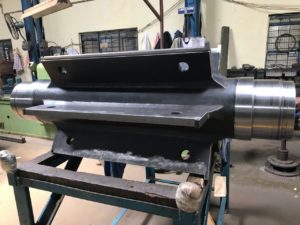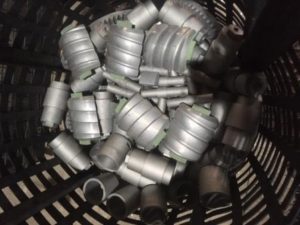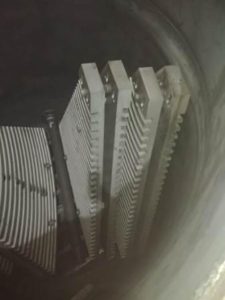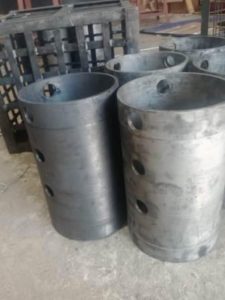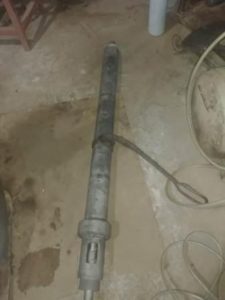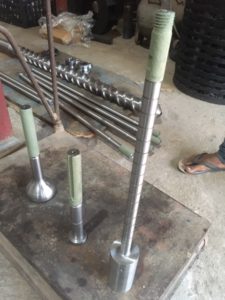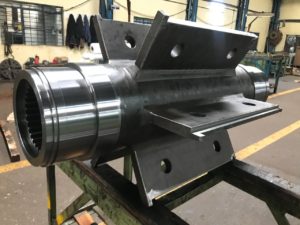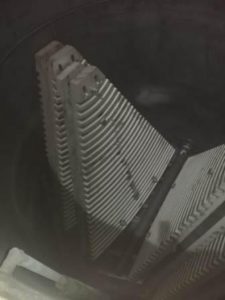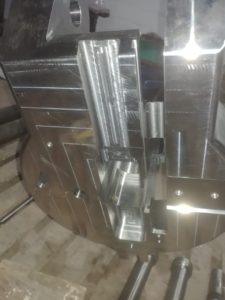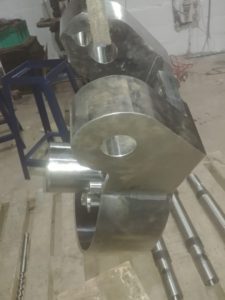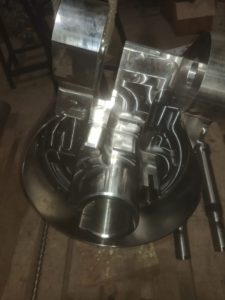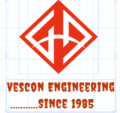Our Expertise
Precision Parts /Gears
Precision parts/ gears
Nitriding is typically carried out at 450 to 520°C and nitrocarburizing at 540 to 580°C. These treatments are below the tempering or stress-relieving temperatures of steel, which are over 600°C. Therefore, the processes cause little or no distortion.
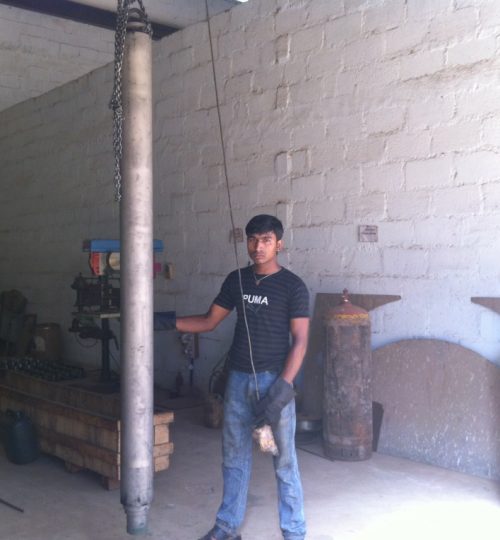
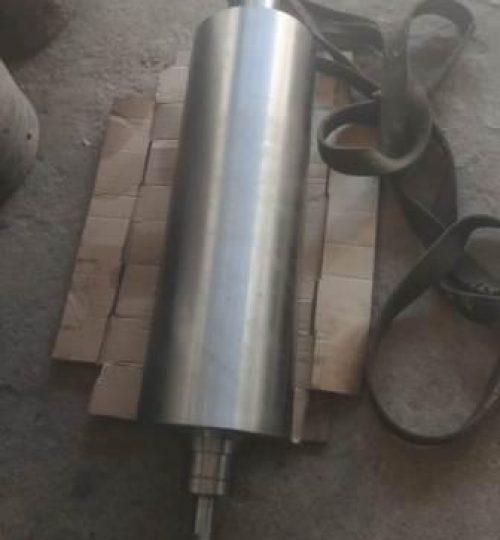
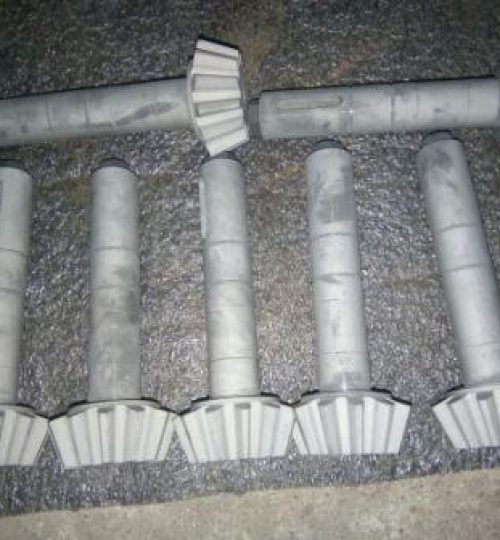

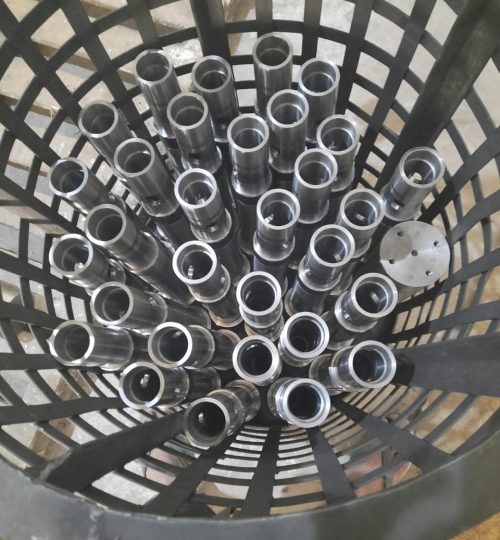
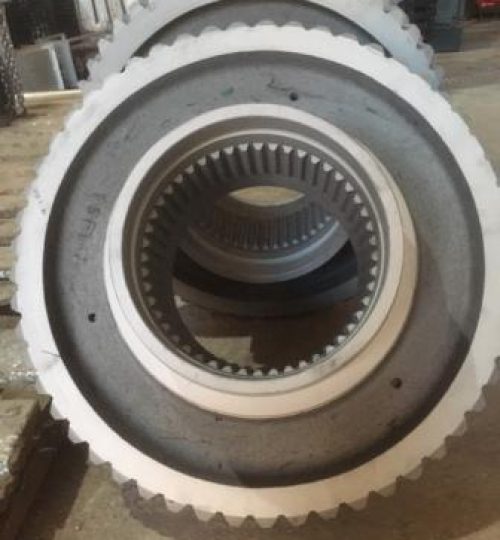
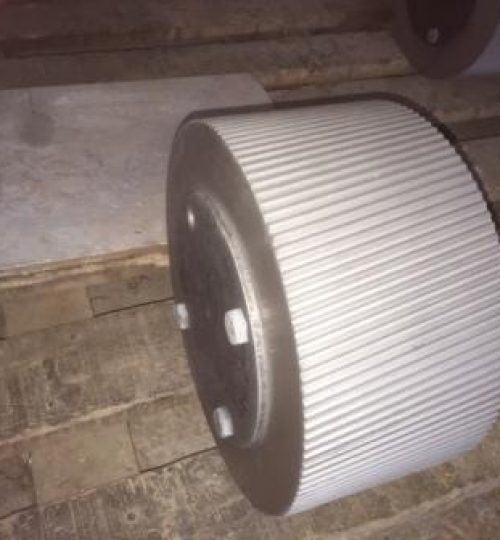
Automotive /Machinery
Automotive / Machinery
Gas nitriding has gained an undeniable acceptance in the machinery industry as a cost-effective, versatile and reliable method of enhancing the surface properties of steel parts and tools. The cost effectiveness relates to overall manufacturing costs, and in particular to a possible reduction in finishing costs of parts of more complex shape, due to negligible distortion and insignificant dimensional changes occurring during nitriding.
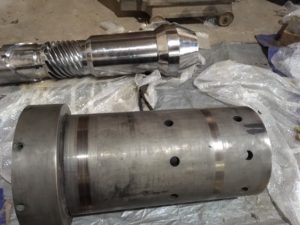
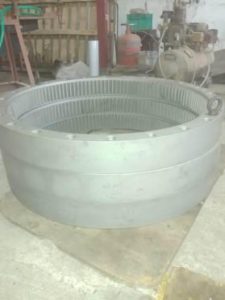
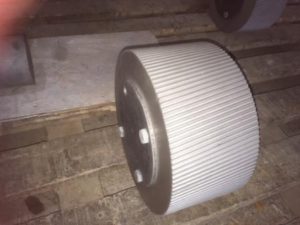
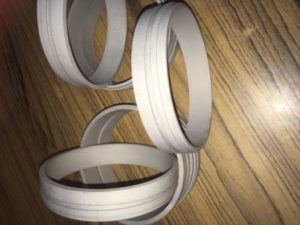
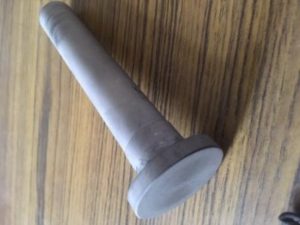
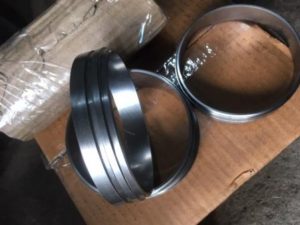
Plastics / Tools and Dies
Aerospace / plastics/ tools and dies
Rubber or plastic molds and forming dies often only require wear resistance, which can be achieved by gas nitriding
The main phenomena limiting the useful lifetime of tools are frictional wear and thermal fatigue in case of hot-work tools. The cost of wear is very high and comprises not only a shorter working life due to premature failure, but also downtime required to replace the worn part or tool. Gas nitriding increases the surface hardness, reduces the coefficient of friction and creates at the surface a zone of high compressive stresses. Therefore it is well placed to improve the performance of cutting tools, but also in particular the performance of hot-work tools, such as forging and extrusion dies.

